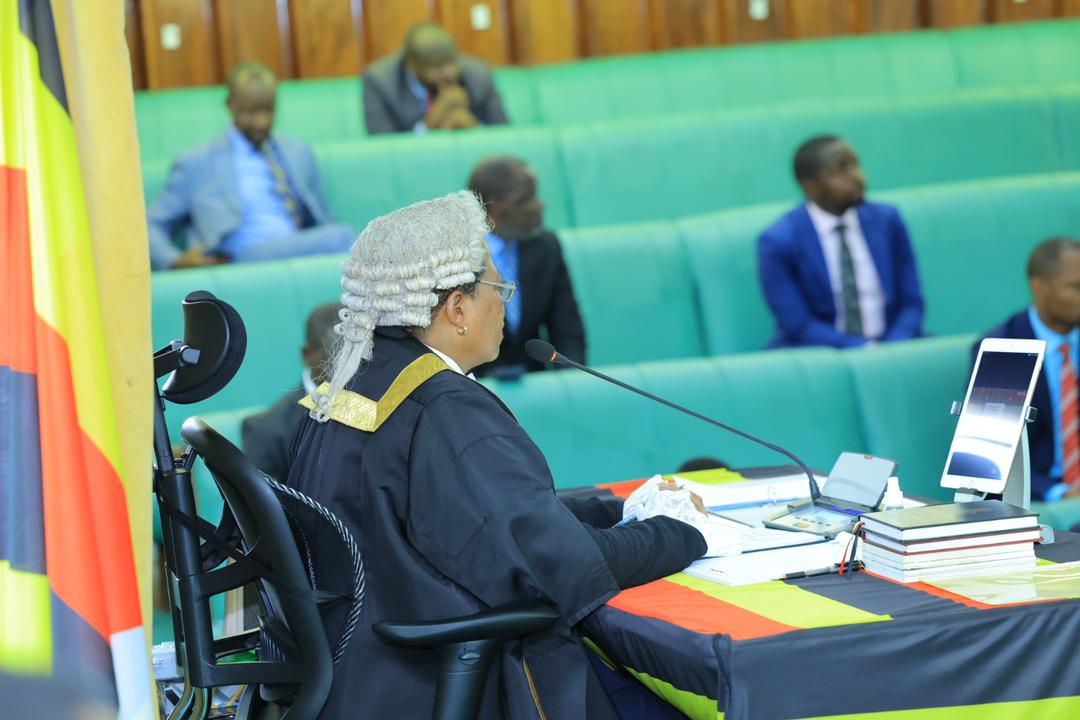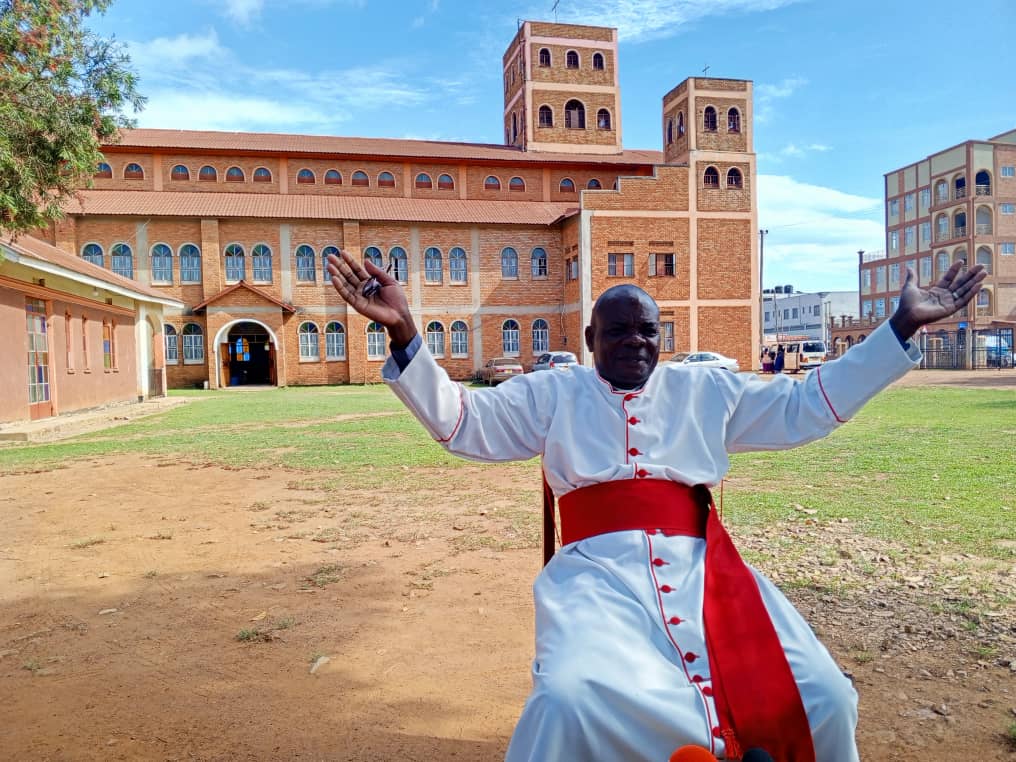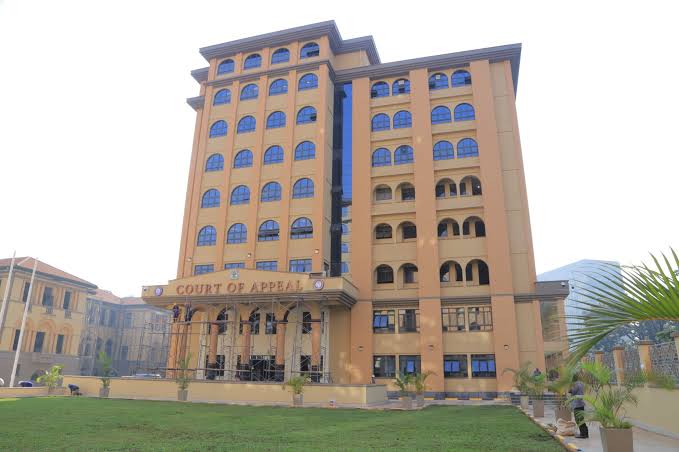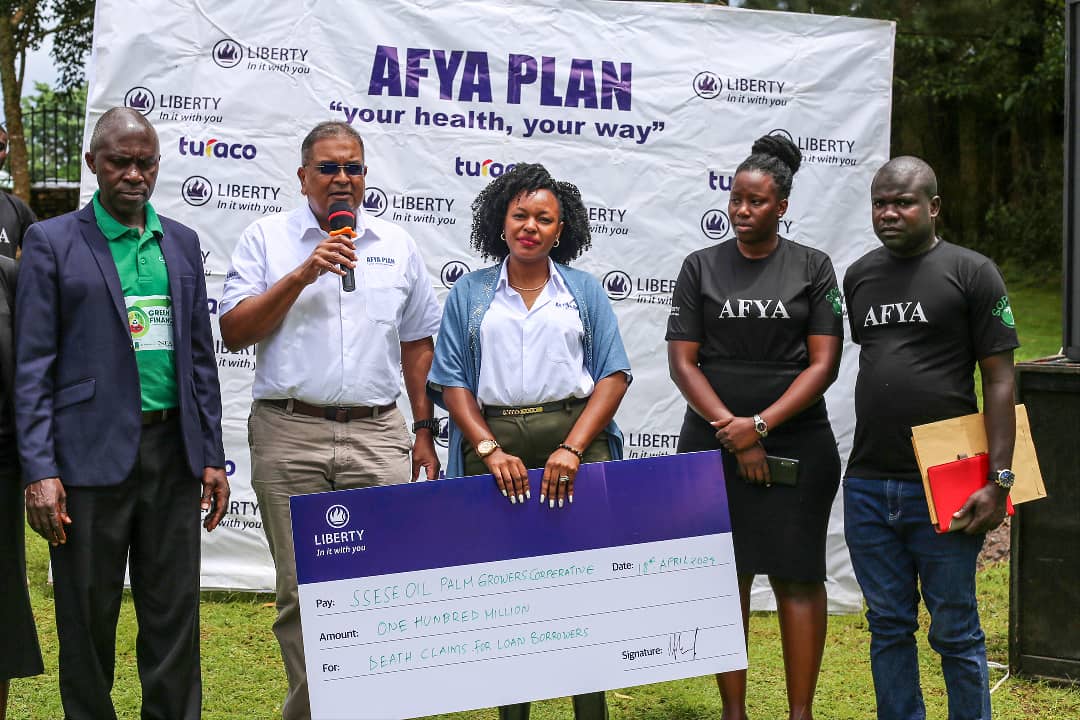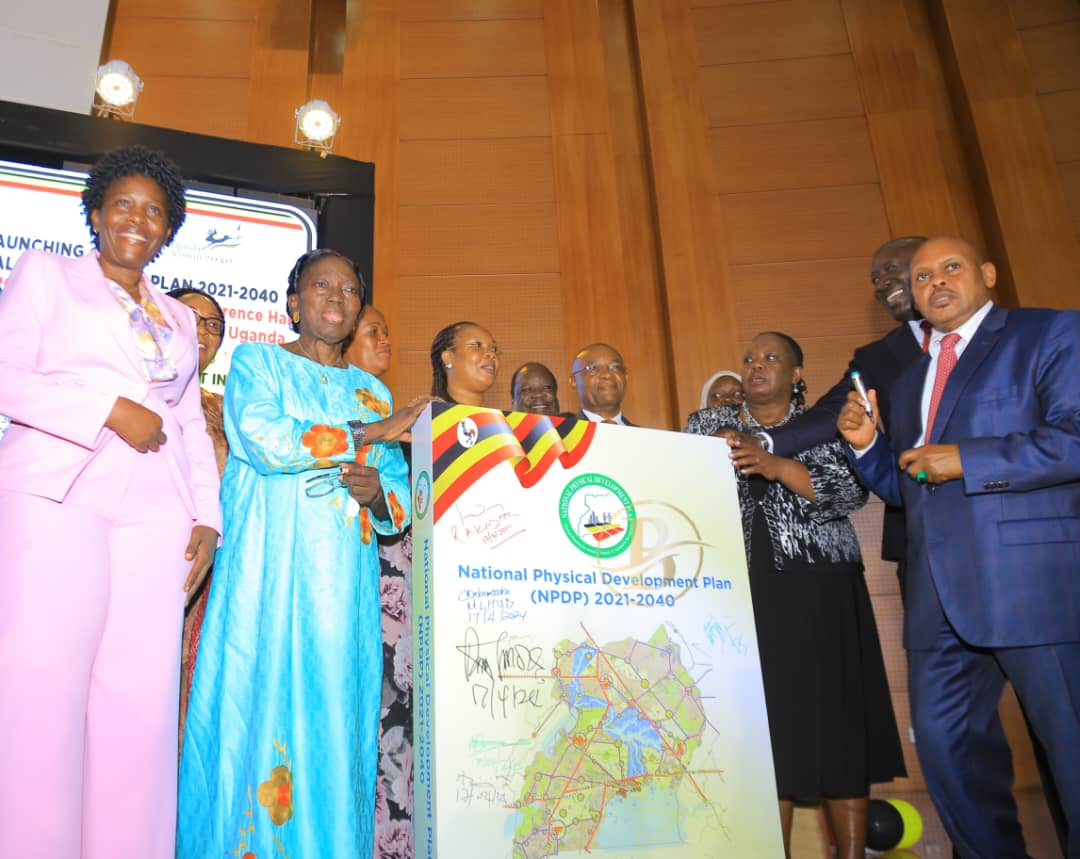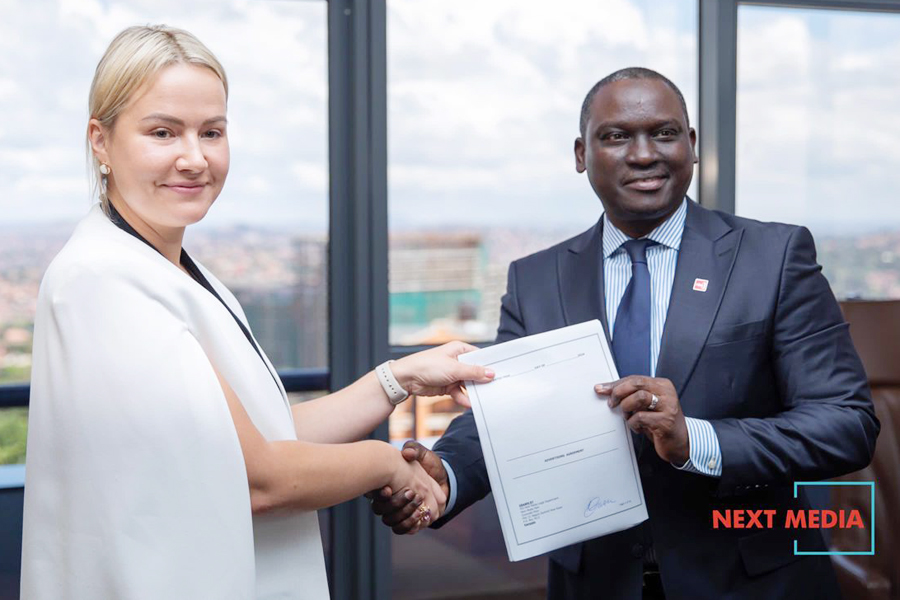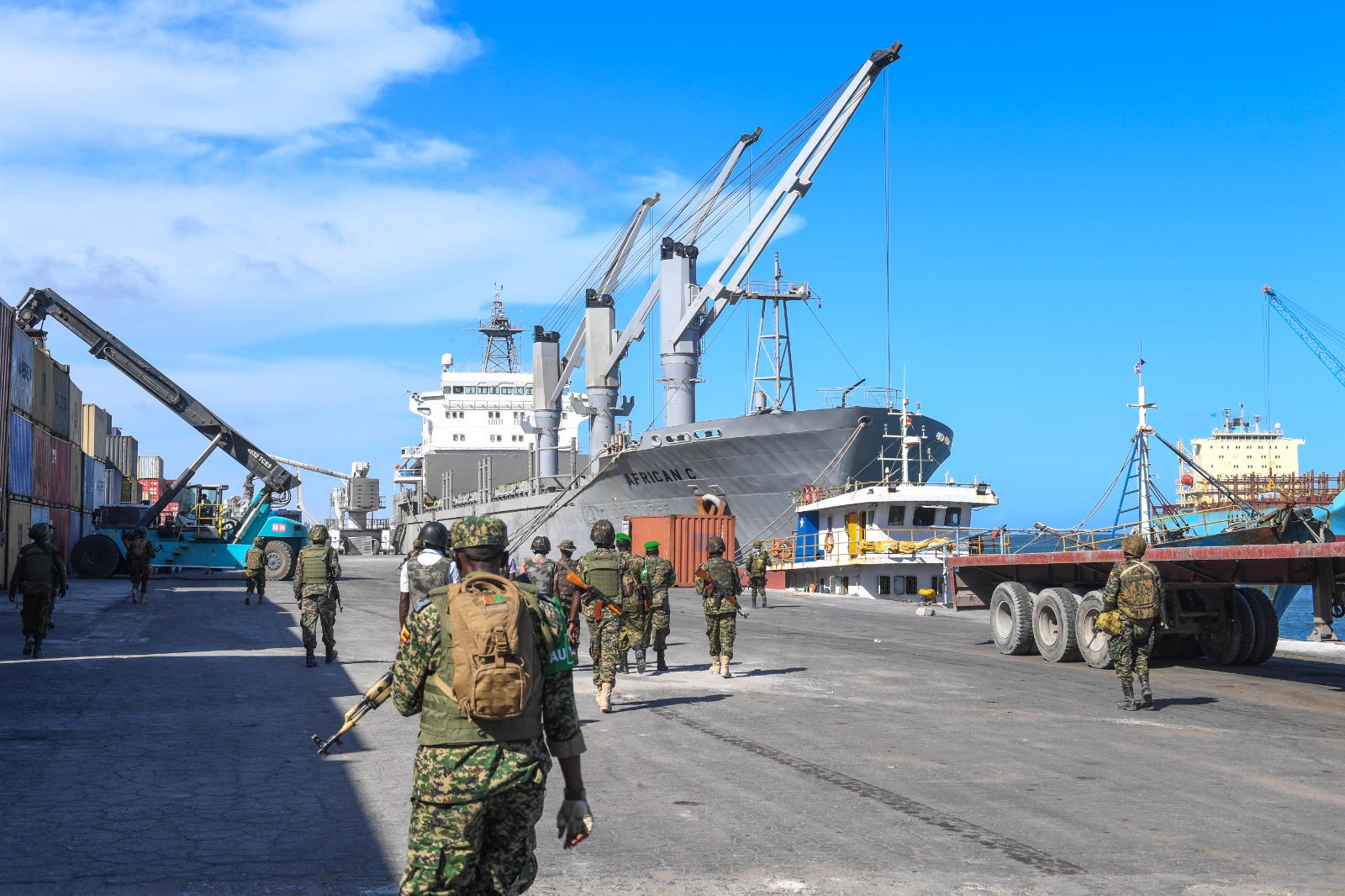This is the observation of Dr. Sarah Ssewanyana, the executive director of Makerere University-based Economic Policy Research Centre (EPRC), while delivering a keynote address at a pre-budget meeting in Kampala.
The meeting under the theme "Linking the National Budget Framework Paper to the National Development Plan in a Constrained Resource and Institutional Environment" shed light on whether the budget is achieving the desired outcomes.
Dr Ssewanyana said although on paper more than half of the proposed budget is allocated to National Development Plan II (NDP II) priority areas - namely agriculture, education, health, trade, industry and cooperatives, tourism, energy, works and transport and social development - it is not clear if they are directed to fulfilment of national development goals.
Figures from the National Budget Framework Paper for 2018/19 show the grand total as Shs 29.2 trillion, slightly higher than the Shs 29 trillion for 2017/18.
The remainder of the monies are going for domestic refinancing, external debt repayments, appropriation in aid, domestic arrears, gratuity and contingency fund.
Key sectors have also had their budgetary allocations slashed, for example, the health budget has reduced from Shs 1.8 trillion in 2017/18 to Shs 1.6 trillion, and that for education has reduced from Shs 2.5 trillion to Shs 2.4 trillion.
She said institutions like ministries, departments, agencies and local governments that are supposed to implement the budget seem to be dysfunctional, posing challenges like overlapping mandates, conflicts, low levels of productivity and poor work ethics.
According to Dr Ssewanyana, there are also increasing uncertainties in the region which pose challenges to Uganda, like political instabilities in neighbouring countries and increasing protectionist tendencies.
Dr Ssewanyana said Uganda needs to rethink its economic strategy and find out why supply side shocks like drought and fluctuations in global oil prices significantly affect growth. She gave the example of Ethiopia that suffered drought in 2016/17 but registered growth and reduction in poverty yet Uganda saw rising poverty and other turbulence.
Political historian, Mwambutsya Ndebesa, said with Uganda Revenue Authority (URA) projected to collect revenues to finance about half of the budget, the government will be forced to borrow domestically and externally, which will constrain growth even further.
Ndebesa observed that by borrowing domestically to finance the budget, the government keeps interest rates high and negatively impacts the private sector.
According to Prof Ndebesa, the priority expenditures seems more political than economic, hence the need for policy reversal to strike a balance between state-led and private sector-led development.
The MP for Buliisa County, Birahwa Mukitale, called for an inward-looking policy that prioritises industrialisation in order to reduce the high import bill of about eight billion dollars.
Mukitale, also a member of the parliamentary budget committee, wondered why after the drought government has not prioritised irrigation in the 2018/19 budget.
Julius Mukunda, the Coordinator of Civil Society Budget Advisory Group, said finding solutions to Uganda's socio-economic challenges does not need rocket science, citing lack of absorptive capacity as one area to address.
Mukunda said in the last financial year local governments returned unutilised 22 billion shillings because the money was sent either too late or they lacked the competencies to absorb them, which impacted on service delivery.



